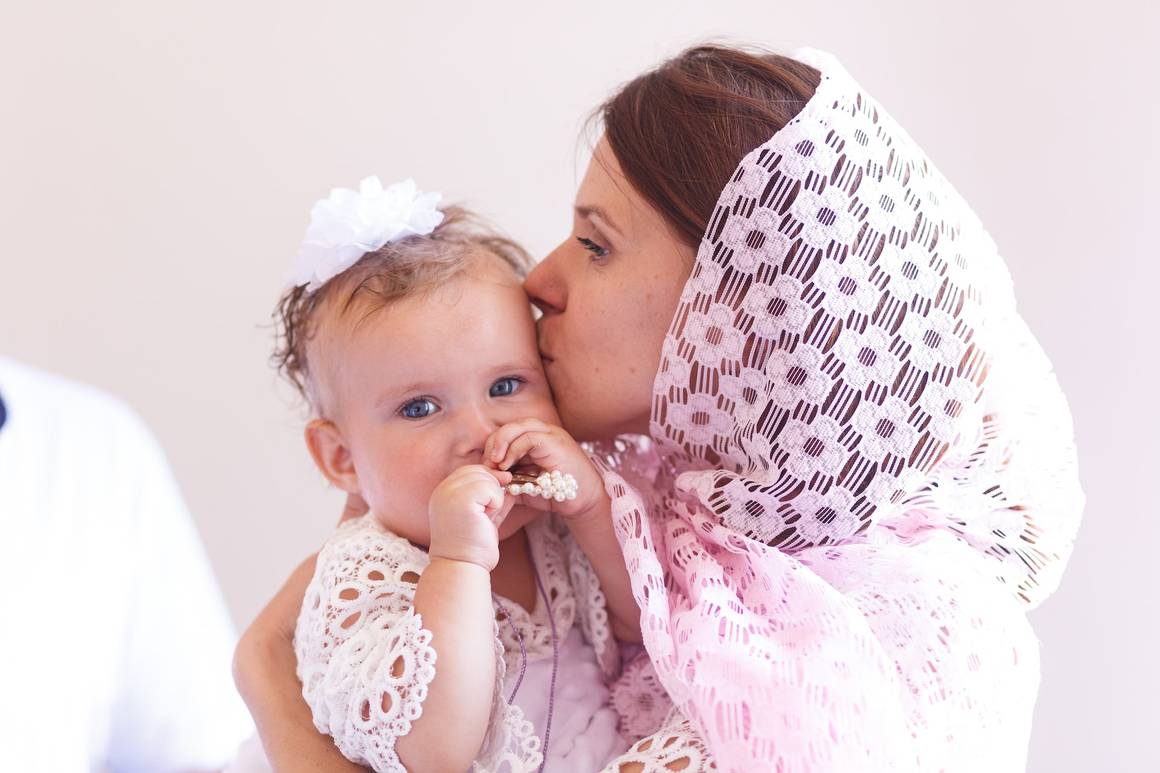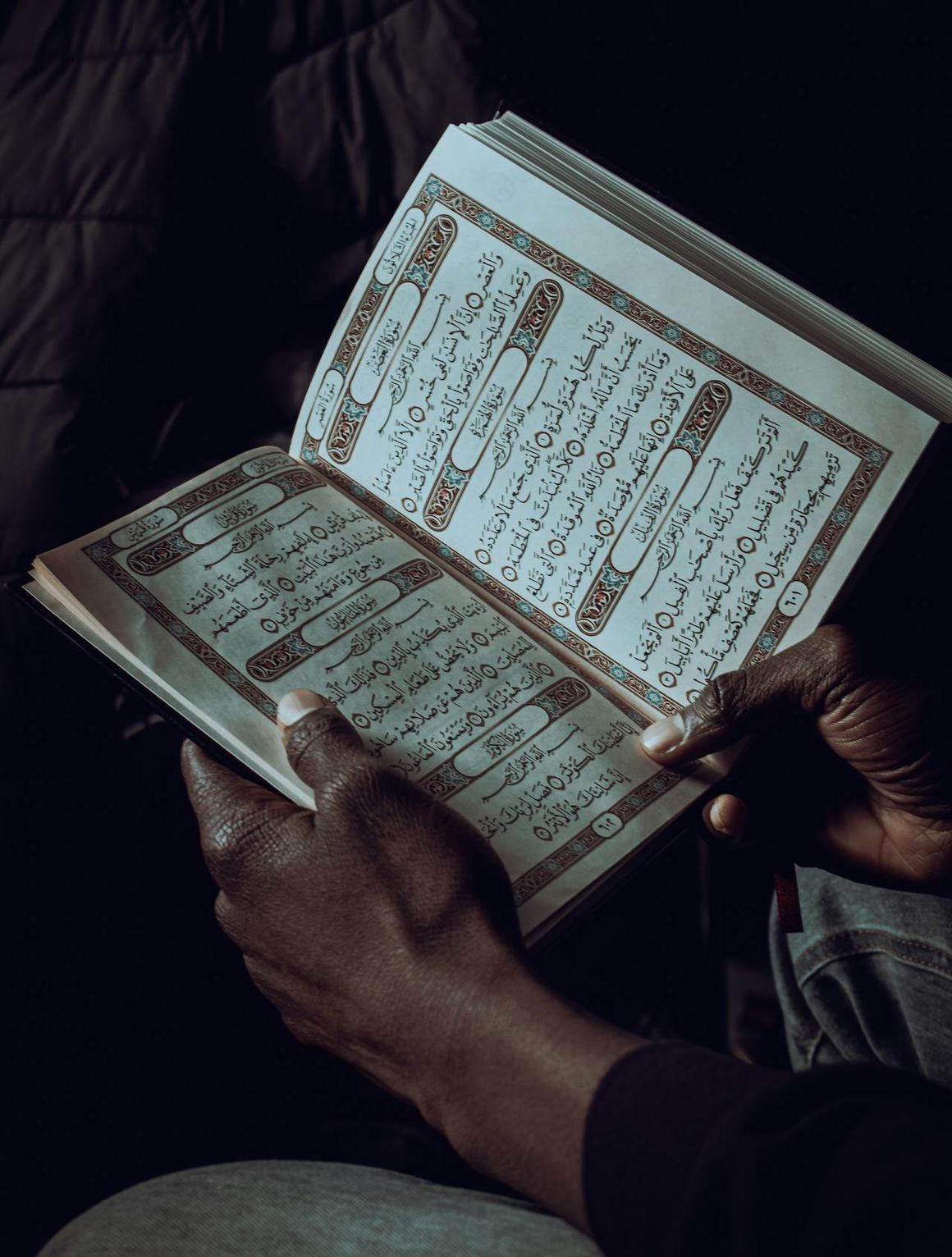Ramadan is an annual month-long Islamic observance that is primarily characterized by fasting from dawn to dusk. Many people associate Ramadan with spiritual and religious observances, but it is also an ideal time for people to engage in self-reflection, self-discipline, and develop healthier habits.
One significant benefit of Ramadan is the health benefits that come with the practice of fasting.
The body undergoes various changes during the fast, such as a reduction in food intake, increased water consumption and detoxification of the body. This results in a host of physical and emotional benefits, such as weight loss, improved mental clarity, and increased energy levels. Research has also shown that fasting has numerous positive effects on the body, including improved insulin sensitivity, lower cholesterol levels, and reduced inflammation.
Another crucial benefit of Ramadan is the positive impact it has on society. During Ramadan, people tend to practice charity more and engage in acts of kindness more frequently. It is a month of empathy, compassion, and understanding for others. People are encouraged to perform good deeds and are more likely to be generous with their time and resources. This promotes a sense of community, which is essential in any society, creating a space for people to come together and be supportive of each other.
Ramadan is an opportunity for personal growth, emotional development, and spiritual nourishment.
It serves as a reminder to stay grounded and connected to one's faith, to find meaning and purpose in life, and to seek greater depth in one's relationships with Allah and others. It is a time for introspection and self-evaluation, with an emphasis on personal development and the development of spiritual virtues that will enhance our lives and benefit society as a whole.
Why do muslims observe Ramadan?
Muslims observe Ramadan as a way to strengthen their faith and develop closer relationships with God. Ramadan is the ninth month of the Islamic calendar, and it is believed to be the month during which the first verses of the Qur’an were revealed to the Prophet Muhammad (pbuh).
O you who have believed, decreed upon you is fasting as it was decreed upon those before you that you may become righteous -Quran 2:183
This verse emphasizes that the act of fasting during Ramadan is an important aspect of becoming a righteous and pious Muslim.
During this month, Muslims fast from dawn until sunset, abstaining from all food, drink, and other physical needs. This includes smoking and engaging in any sexual activity. The fast is broken at sunset, and a meal called iftar is consumed. Muslims also wake up early in the morning to have a pre-dawn meal called suhoor to have energy throughout the day.
Ramadan is not only about fasting but is also a time for self-reflection, prayer, charity, and doing good deeds.
Muslims are encouraged to read and reflect on the Qur’an during this month, as well as engage in extra prayers and attend nightly congregational prayers called Taraweeh. Fasting in Ramadan is a way for Muslims to show their devotion to God and practice self-discipline. It is believed that by abstaining from food and drink, Muslims are reminded of the blessings of God and empathize with those who may not have the luxury of food and water.
As discussed above, Ramadan is also a time of increased generosity and charity. Muslims are encouraged to give to those in need, and many choose to give a percentage of their wealth to charity during this month. This practice is rooted in the concept of zakat, one of the Five Pillars of Islam, which requires Muslims to give a portion of their wealth to those in need.
In conclusion, Ramadan is a month of growth, renewal, and improvement in many aspects of life. The physical, emotional, and spiritual benefits associated with Ramadan are immeasurable, and it is an ideal opportunity for people to develop habits and attitudes that will enhance their lives beyond the observance of the month. The essence of Ramadan is its message of compassion, empathy, and selflessness- traits that are essential in promoting social harmony and building healthier communities.


